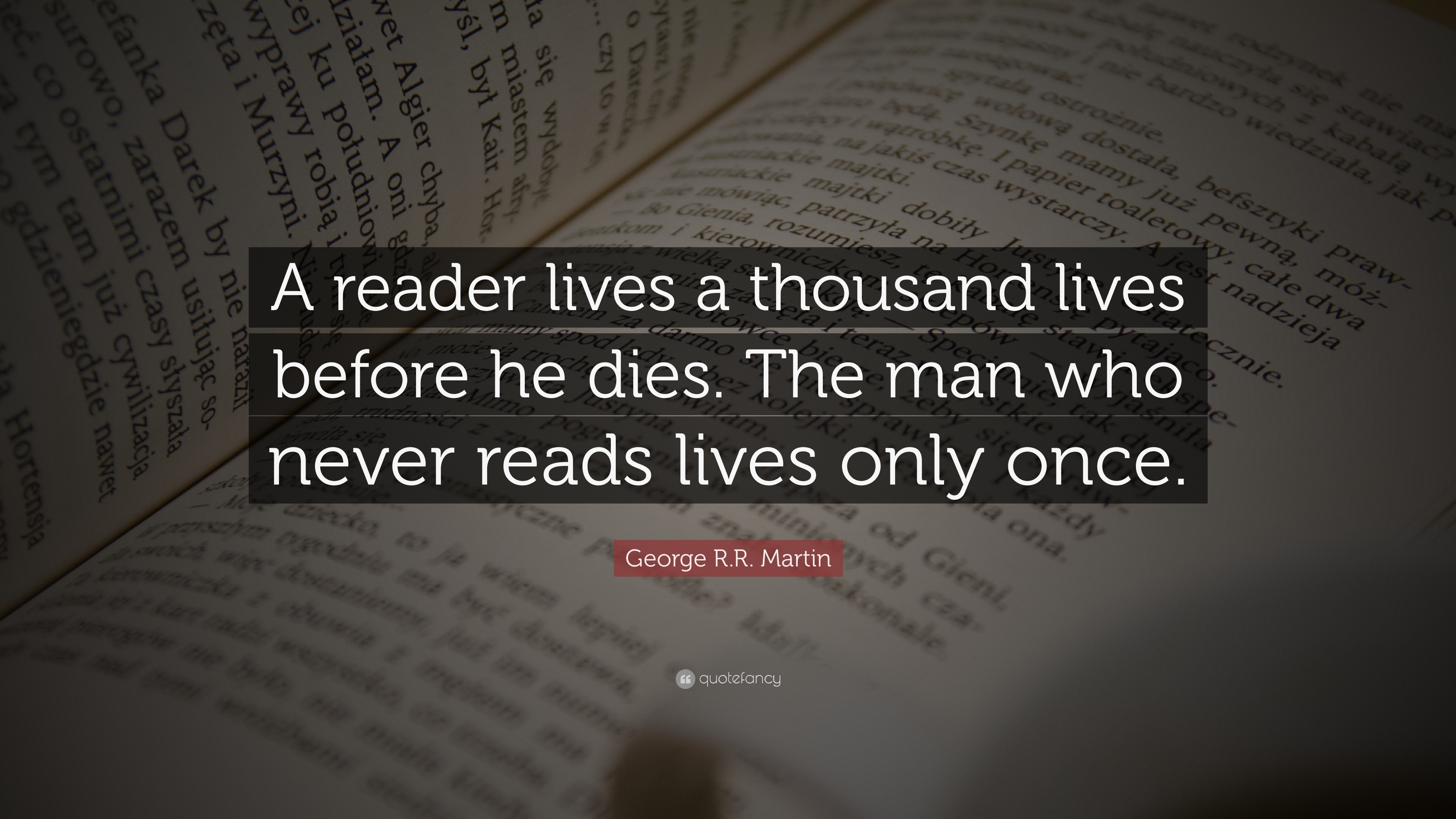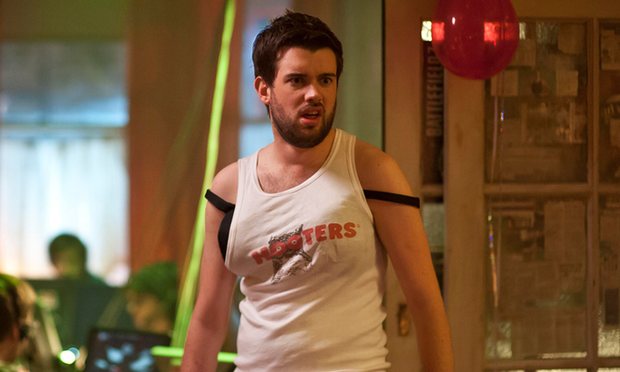The lives of a huge proportion of children and young people will be touched by mental health issues, whether directly or indirectly. As many as one in ten children and young people aged five to 16 have a diagnosable mental health disorder – that is three in any one classroom.
By adulthood, the figure rises to one in four, meaning many children will come into contact with relatives or other adults who are affected.
Maintaining good relationships is a fundamental aspect of nurturing good mental health, and this is the theme of the 2016 awareness week.









